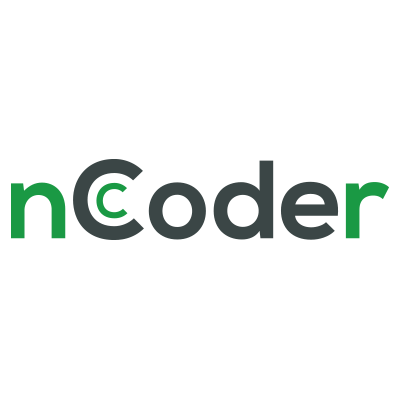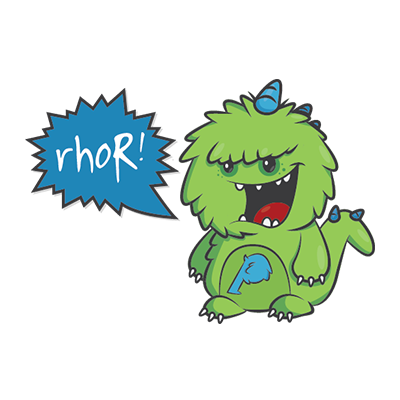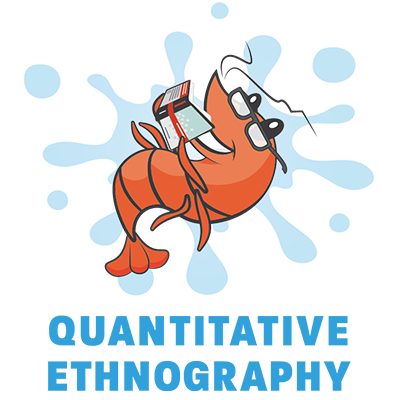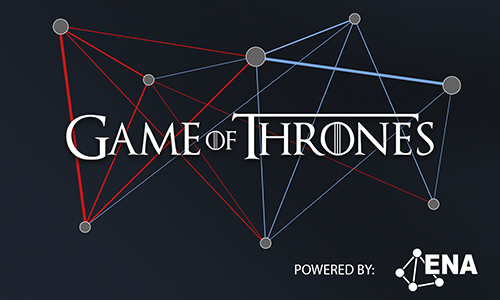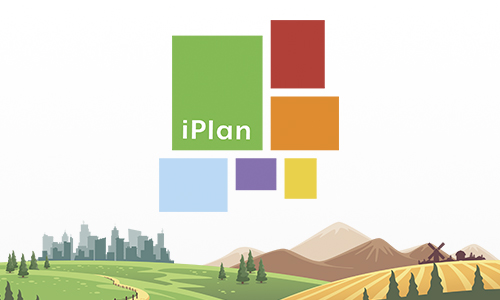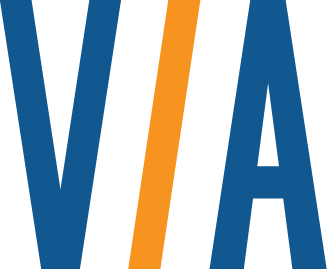ENA
Epistemic Network Analysis (ENA) is a method of identifying and quantifying connections among elements in coded data and representing them in dynamic network models. A key feature of the ENA tool is that it enables researchers compare different networks, both visually and through summary statistics that reflect the weighted structure of connections.
nCoder
nCoder is a learning analytics platform used to develop, validate, and implement automated coding schemes. A powerful tool for transforming raw data into meaningful information, nCoder is designed specifically for working with big data: large document collections, logfiles, and other text data.
rhoR
Rho is used to test the generalization of inter-rater reliability (IRR) statistics, such as Cohen's kappa. To do this, rho uses an empirical sampling process that produces, for any IRR statistic, an estimate of the expected Type I error rate at a given sample size.
Quantitative Ethnography
How can we make sense of make sense of the deluge of information in the digital age? The new science of Quantitative Ethnography dissolves the boundaries between quantitative and qualitative research to give researchers tools for studying the human side of big data: to understand not just what data says, but what it tells us about the people who created it.
GoT ENA
To produce this interactive visualization of the Game of Thrones series, we constructed a dataset containing transcripts of all episodes from the first 7 seasons. The dataset contains not only each line of dialogue, but also significant events, such as the death of a named character or the description of a battle.
iPlan
iPlan is a mobile game in which users create land-use models of any location in the contiguous United States and explore the effects of land-use change on various environmental and socio-economic issues. To create a land-use model and play the game, click the button below.
Virtual Internships
Virtual Internships are web-based simulations that help students learn to think like scientists, scholars, artists, and workers in the real world do. They simulate not only the content that students are supposed to learn but also the ways of thinking – the epistemologies – that some groups of people use to solve problems.

